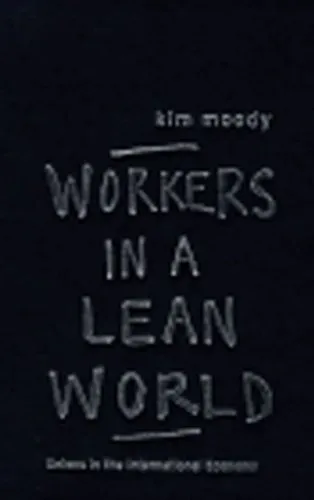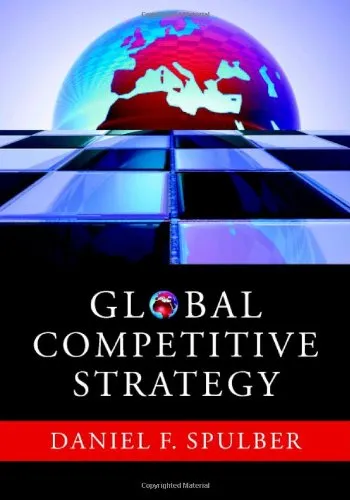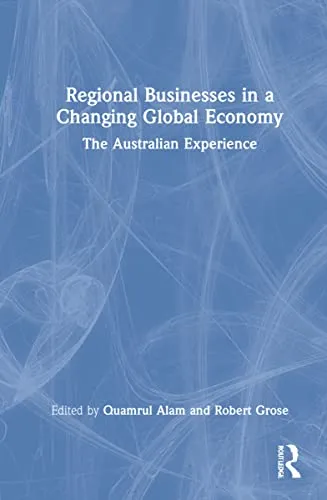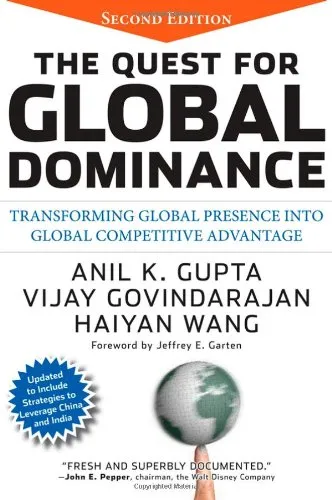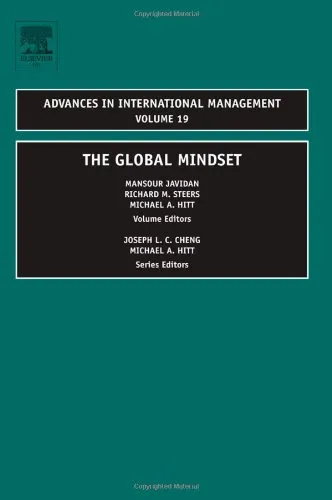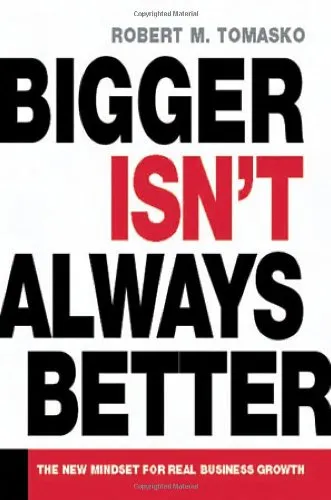Workers in a Lean World: Unions in the International Economy
4.5
Reviews from our users

You Can Ask your questions from this book's AI after Login
Each download or ask from book AI costs 2 points. To earn more free points, please visit the Points Guide Page and complete some valuable actions.Related Refrences:
Introduction to 'Workers in a Lean World: Unions in the International Economy'
Written by Kim Moody, "Workers in a Lean World: Unions in the International Economy" is a groundbreaking exploration of the modern labor movement and its struggle to adapt to the challenges posed by globalization, deregulation, and lean production systems. Published as a rallying cry for workers and unions worldwide, this book critically examines the transformations within the international economy that undermine workers’ rights and shift power dynamics in favor of capital. It provides not only a comprehensive analysis of the causes behind this shift but also offers strategies for revitalizing the labor movement in the face of these structural changes.
Moody combines thorough research with clear, accessible arguments, weaving together case studies, global trends, and historical parallels to examine the core issues faced by organized labor in today’s world. In doing so, the book serves as both a warning and a roadmap, addressing systemic problems in how unions function and outlining the need for renewed focus on rank-and-file activism. The fusion of theoretical rigor and practical guidance makes "Workers in a Lean World" an essential read for union leaders, policymakers, academics, and workers alike.
Detailed Summary of the Book
The book delves deeply into the broader context of economic globalization and its effects on labor. Moody argues that lean production—a system emphasizing efficiency, cost-cutting, and 'just-in-time' practices—has fundamentally altered the relationship between employers and workers. Rather than fostering organizational improvements that benefit workers, lean production prioritizes the relentless pursuit of higher profit margins, often at the expense of job security, wage stability, and labor rights.
The author traces how multinational corporations exploit global supply chains and deregulated labor markets to reduce costs, weaken unions, and suppress worker organizing efforts. He outlines how outsourcing, technological advances, and the race to the bottom in wages have made it increasingly difficult for unions to protect their members. Moody illustrates these points through examples from key industries, such as manufacturing, logistics, and services, providing concrete evidence of how neoliberal policies have disempowered workers around the globe.
Beyond diagnosing the problems, Moody emphasizes the importance of grassroots organizing and international solidarity. He critiques the bureaucratic nature of many unions, arguing that top-down approaches have left them ill-equipped to deal with modern challenges. To rebuild their strength, he calls for unions to return to their roots by engaging directly with rank-and-file workers and forming alliances across borders. This, Moody asserts, is the only way forward in an increasingly interconnected and precarious world.
Key Takeaways
- Globalization and lean production have significantly weakened worker power and disrupted traditional trade union roles.
- Unions need to prioritize rank-and-file engagement and grassroots activism to regain relevance and strength.
- International worker solidarity is essential for countering the global strategies of multinational corporations.
- Historical and cultural differences in labor movements across the world provide both unique challenges and opportunities for unity.
- A focus on structural reforms within unions is crucial to adapting to the changing dynamics of the workforce.
Famous Quotes from the Book
"Lean production is lean only for workers. For the corporations, it is nothing less than a cornucopia of profits."
"Solidarity among workers is not just a moral imperative; it is a practical necessity in the face of global capital."
"The success of the labor movement depends not on the wisdom of its leaders, but on the energy, organization, and participation of its rank and file."
Why This Book Matters
"Workers in a Lean World" is more relevant today than ever before as we witness a continuous erosion of labor rights in the name of globalization and technological advancement. Kim Moody’s work addresses critical issues that resonate deeply in a post-pandemic world defined by automation, precarious work, and widening inequality. By urging unions to rethink their strategies and embrace international collaboration, the book provides a timely analysis of how organized labor can regain its footing in the 21st century.
This seminal work underscores the urgency of labor reforms and highlights the power imbalance between corporations and workers. For activists, scholars, and policymakers interested in social justice and economic equity, Moody’s insights offer a clear path forward. "Workers in a Lean World" challenges readers to reconsider the value of collaborative action and the centrality of workers in shaping a fairer future.
Free Direct Download
You Can Download this book after Login
Accessing books through legal platforms and public libraries not only supports the rights of authors and publishers but also contributes to the sustainability of reading culture. Before downloading, please take a moment to consider these options.
Find this book on other platforms:
WorldCat helps you find books in libraries worldwide.
See ratings, reviews, and discussions on Goodreads.
Find and buy rare or used books on AbeBooks.
